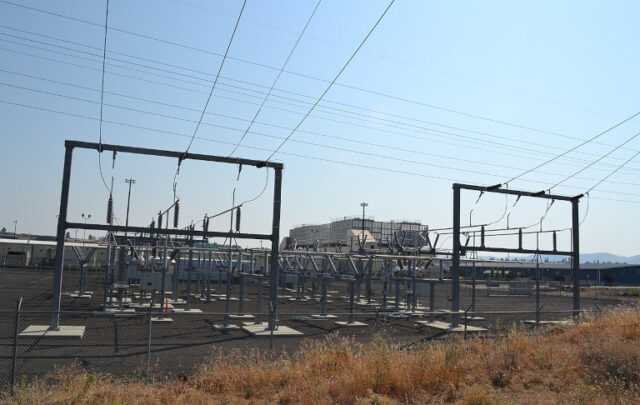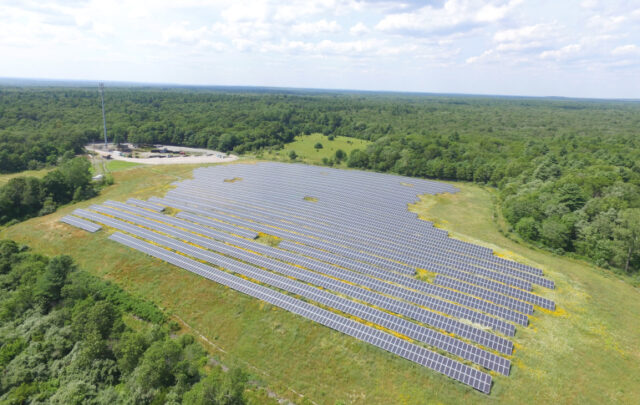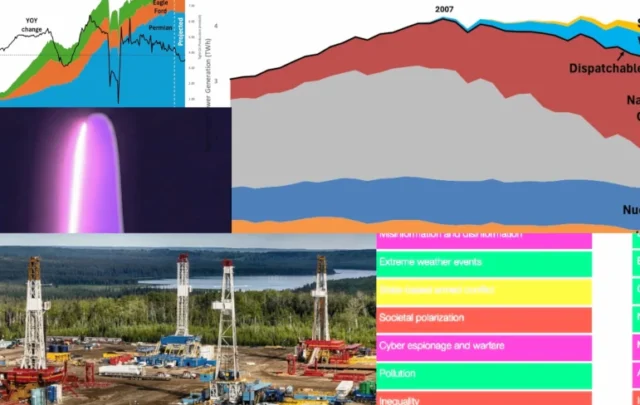The spotlight may not have been on energy cooperation during the recent visits of Chinese Premier Wen Jiabao and Pakistan’s President Pervez Musharraf to India but this is an issue that can fundamentally transform our relationship with these countries beyond soft borders. India’s proposal to extend the Iran-Pakistan gas pipeline from India to China made its transition from loud thinking to the diplomatic arena with talks to be held this fall. Similarly, the ministers of petroleum and gas of India and Pakistan are slated to talk in May to explore cooperation in this sector including on the issue of pipelines.
Interestingly, all these countries intend to pursue their ‘pipedreams’, as it were, despite fierce US opposition to the involvement of Iran. The calculus here is pure and simple national interest in enhancing their long-term energy security. Take Pakistan, for instance. Normally, one would have expected our neighbour to be somewhat more sensitive to American concerns. Far from it. At his televised breakfast meeting with editors, President Musharraf hardly betrayed any of that in his response to a question on US pressure not to go ahead with the Iran-Pakistan-India pipeline: Why is it that ‘when America sneezes, South Asia catches cold?’
‘I know when it sneezes. It does not sneeze at everything, but only on key issues where its own national interest is involved,’ Musharraf replied in a lighter vein. Where (Pakistani and Indian) interests are involved, we should go for it, he added. And go for it, he did. Prior to his arrival in India, Iranian President Mohammad Khatami had a telephone conversation with the general reminding him about the subject of “gas transfer” to India; and that they “are ready to form an international consortium to upgrade security indices of the project” and so on, according to IRNA news agency reports from Tehran.
India’s petroleum minister Mani Shankar Aiyar similarly responded to questions on US’ demarche to India over the Iran pipeline. China, like India, is also seeking to lock in long-term energy supplies with investments all over the world like Sudan, Angola, Venezuela, including the Caspian region in which the US is jostling for control of oil and gas supplies with Russia in the 21st century version of the Great Game. In the 19th, and early years of the 20th, century, Britain and Czarist Russia jostled for strategic influence in Central Asia. But now the stakes in the Game are oil and gas supplies.
India and to a much greater extent China with their growing demand for energy, in fact, add a new twist to the new Great Game. While the US intends to evacuate oil and gas supplies from Central Asian countries like Kazakhstan westwards as, for example, through the Baku-Tblisi-Ceyhan pipeline, China seeks to tap into these oil and gasfields through a 1,300 km pipeline from Atasu in eastern Kazakhstan to Alashanku in the western province of Xinjiang. India has been seeking to get some exploration blocks for the last seven years but indications are that it may have missed the bus unlike the Chinese.
The US thus has more strategic reasons to worry about India and China than the Iran connection. As if all this weren’t bad enough, both these countries have locked in long-term supplies from that country as well. Iran thus has agreed to supply LNG for 25 years to India and for 30 years to China. Both Indian and Chinese state-owned oil majors like ONGC and Sinopec respectively also have significant stakes in the Yadavaran oilfield, which holds an estimated 3 billion barrels of oil reserves. Thus, despite the US threat of sanctions, Iran has a major stake in looking eastwards towards India and China.
But it is the Iran-Pakistan-India pipeline and its proposed extension to southwestern China that will radically transform the relationship between these countries.
Till this proposal to include China was floated by Aiyar, this pipeline had few takers in the country. There are no prizes for guessing what were India’s fears given the longstanding animus between the two neighbours: What if Pakistan decided to cut off supplies? There were also concerns that the trans-shipment fees would fund jehadi terrorism. Pakistan, in turn, stated that it would go ahead with the pipeline regardless of India’s participation.
The extension to China bids fair to allay India’s misgivings vis-a-vis Pakistan at one stroke. Pakistan would naturally be wary of shutting off the tap or resorting to blackmail if its major ally gets affected. Extending the Iran-Pakistan pipeline from Rajasthan across northern India and the Brahmaputra valley, Myanmar and finally ending in Yunnan thus will foster mutual dependence among these countries like no confidence building measure can. Pakistan gets its trans-shipment fees while gas-guzzling India and China slake their thirst for more energy — a win-win situation for all concerned.
Getting China into the equation clearly is a strategic masterstroke. Both India and China have been competing fiercely for equity oil all over the world. China has so far been on the winning side as its state-owned oil majors have more autonomy in making big-ticket investments. The speed with which the oil dragons close deals is indeed the envy of the lumbering Indian behemoths — exemplified in Sudan and Angola to name a few instances. Aiyar has been talking of cooperating with China on the oil and gas front but competition is the more accurate description of the state of play till now.
All of this will change with extending the pipeline to Yunnan, a southwestern region that is distant from its oilfields and ports. China’s interests are much better served than through the alternative pipeline from Sittwe in Myanmar to Kunming in Yunnan. The upside is that both India and China then might decide to work in tandem to secure their long-term oil and gas supplies all over the world — obviously a more potent ground for the US to feel concerned about than Iran. This pipeline advances the interests of these countries into a grid of prosperity and shared future beyond soft borders.























